
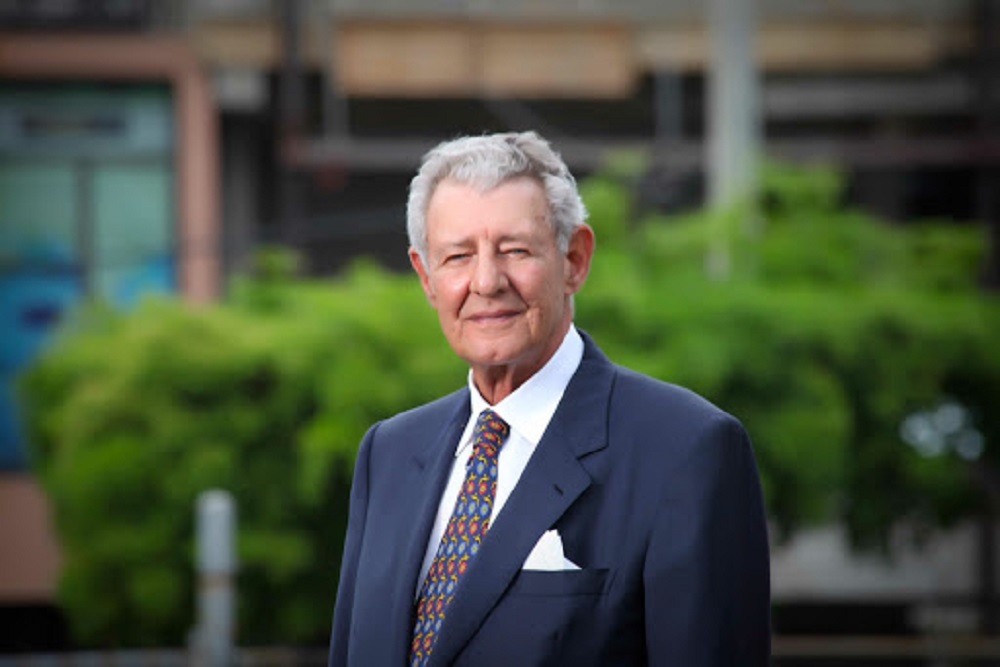
At the grand old age of 92, renowned corporate lawyer Hugh Hart will be stepping down as board chairman of the Proven Group.
He has headed the board since Proven began operations twelve years ago.
Proven began with 150 shareholders and now has over 10,000 and operates nine businesses in nine countries. It has also listed on the Jamaica Stock Exchange (JSE).
Christopher Williams has operated as co-founder and CEO taking Proven from a hip local boutique finance house to a diversified player in the Caribbean, all the while giving the institution a post-modern flavouring.
An overview of what Proven has accomplished in the 12 year period is instructive. A 130 per cent increase in stock price, dividend return year-over-year up 108 per cent and a total return over the twelve-year period of 140 per cent.
Over the pandemic period, Proven has built its liquidity position and made three acquisitions (Roberts Manufacturing (Barbados), Heritage Funds,(US$200 million in funds under management), and Fidelity Bank (Cayman Islands)).
Proven now has a BBB rating from CariCris with the regional agency citing the Jamaican headquartered finance house’s strong capital base.
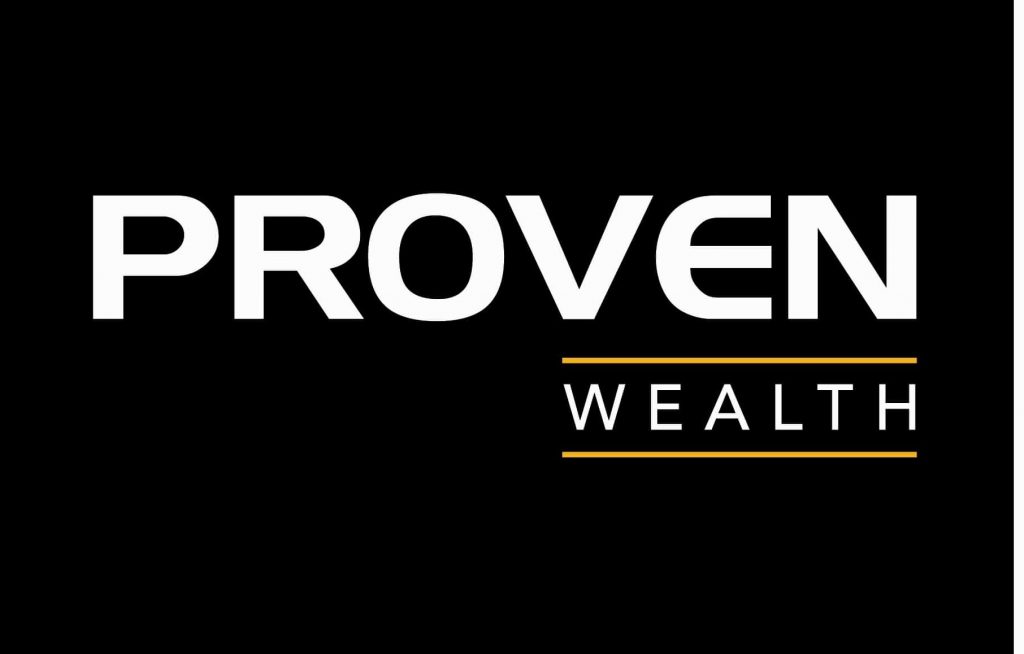
For the first nine months of the financial year to the end of December 2021, Proven is reporting US$754 million—a 16 per cent growth on-balance sheet deposits. Funds under management grew by 21 per cent (mutual funds, unit trusts across the region) and that now stands at US$820 million generating recurrent management fees. Total assets (both on and off-balance sheet came in at close to US$2 billion).
Profits are up to US$10 million for the nine-month period, spelling a growth of 60 per cent year-over-year. The efficiency ratio is now at 67 per cent and Proven will be looking to take that down to the 50s. Net revenues climbed to US$28 million, just under a 50 per cent growth figure. Fees and commissions are up 30 per cent to US$6.6 million for the period under review. This gives Proven revenue without having to leverage capital.
The Jamaican financial sector has a penchant for opting for patrician personalities to head their boards. Over the last thirty to forty years, the likes of Mayer Matalon, John Issa, Oliver Clarke, Paco Kennedy, Carlton Alexander, Noel Hylton and Desmond Blades – men who had long tenures at the helm dominated corporate Jamaica.
A new century, a new decade and post-FINSAC has seen a new generation of business leaders come to the fore, with a new approach characterized by dynamism. Christopher Williams is part of that cadre.
Since Proven began in 2010, he has been its face and stamped his imprimatur. Proven takes a post-modernist approach and brings a certain élan to both investment banking and wealth management.

Hugh Hart brought gravitas and a wealth of connections however Williams has that vitality and ability to connect with both millennials and Gen X, Proven’s current and future client base.
Under Williams’ tenure of 12 years, Proven has made strides and positioned well across the region. Its foray into real estate has made other players look to follow suit here. Then there is the matter of branding, which Proven has most definitely being on the front foot and looked to distinguish itself from the pack.
Opting for Williams as executive chairman does not mean prematurely putting him in a rocking chair and watching his hair turn gray. Rather, he can lead the line and help redefine the look of a chairman in the Caribbean business sector. Only in his early fifties, time is on his side in this new capacity.
An executive chairman sits on top of all financial reporting, is involved in the public image of the company and looks for ways to improve the organisation without solely focusing on the day-to-day operations of the company. In effect, the modern-day executive chairman heads the C-suite. It is a more substantive role than that of CEO.
In Jamaica, William Mahfood now operates as an executive chairman having been the CEO of the Wisynco Group. For decades, Butch Stewart functioned as an executive chairman and more recently, Chris Berry of Mayberry occupies that role.
Jamie Dimon of J.P. Morgan combines the role of both CEO and chairman of the august bank. Jeff Bezos recently moved into an executive chairman role at Amazon having stepped down as CEO. Robert Iger, long time head honcho at Walt Disney transitioned to an executive chairman position there. Mark Parker of Nike was named executive chairman after serving for 14 years as CEO there and last year Mastercard appointed Ajay Banga as executive chairman after ten years as CEO.

“We have decided to structure ourselves around three pillars. Firstly, we want to establish a long-term business model in the financial industry, and we want to be known as a financial entity in the region. We want to tackle two aspects of the sector – banking and wealth. We feel we have a core competence in executing banking strategies and wealth management strategies. No matter what our private equity holdings may be, we always want to be in the banking and wealth space,” said Chris Williams at an investor briefing last week.
“The next pillar is real estate. We see this as the second core pillar. We happened upon real estate. When we started Proven, we didn’t see ourselves being huge real estate player, but we recognized quickly that the real estate market has significant international demand in the Caribbean. We stepped into that space five or six years ago and it has been extremely rewarding. We have executed 12 projects in Jamaica and one in Cayman (Lagoons-13 town homes, with 10 sold already). For the nine-month period the contribution from our real estate business to profits has been eight per cent,” the Proven exec continued.
“The three countries we are targeting on the real estate side are Jamaica, Cayman and Barbados and we continue to look for hospitality and real estate products – both residential and commercial,” he remarked.
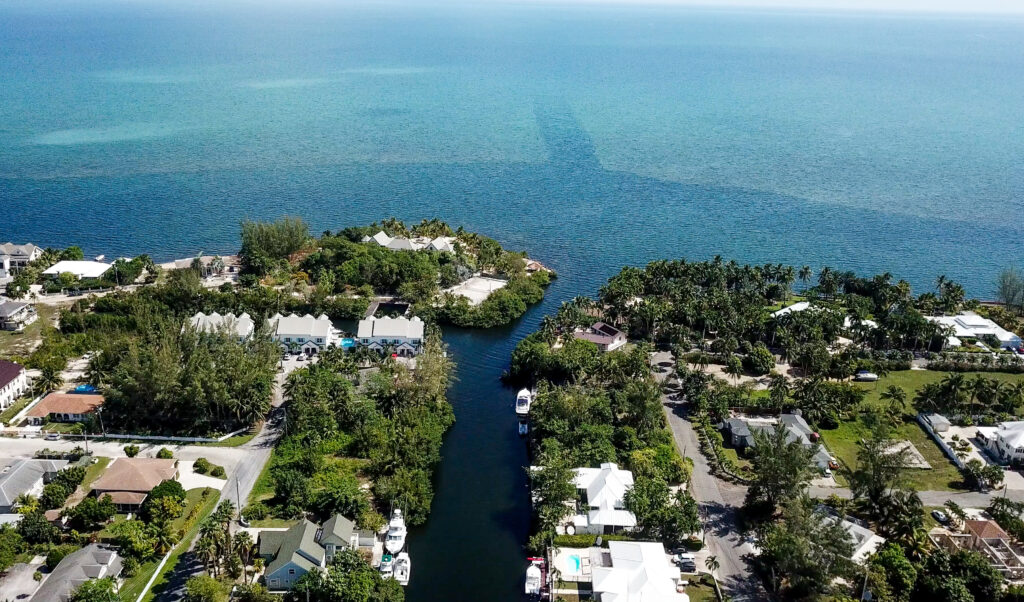
“The final pillar is the real star performer which is portfolio holdings. Over the last three or four years we have been able to identify good companies that have come to us at a good price that we felt had a good trajectory, so we executed positions in those companies. JMMB is our largest portfolio holding with a 20 per cent ownership position,” William added.
Who better to oversee that strategy gets implemented successfully and to ensure intrinsic value gets delivered over the next generation than Chris Williams, who continues to be at the forefront of the company and brand?


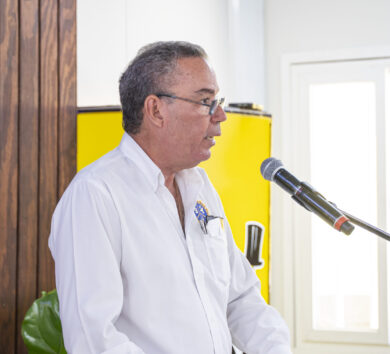
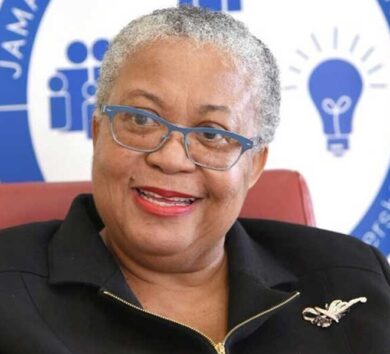
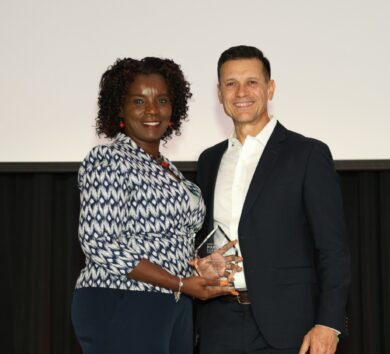

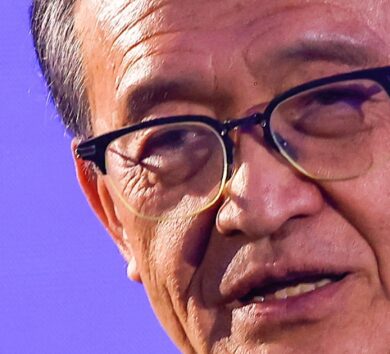
Comments